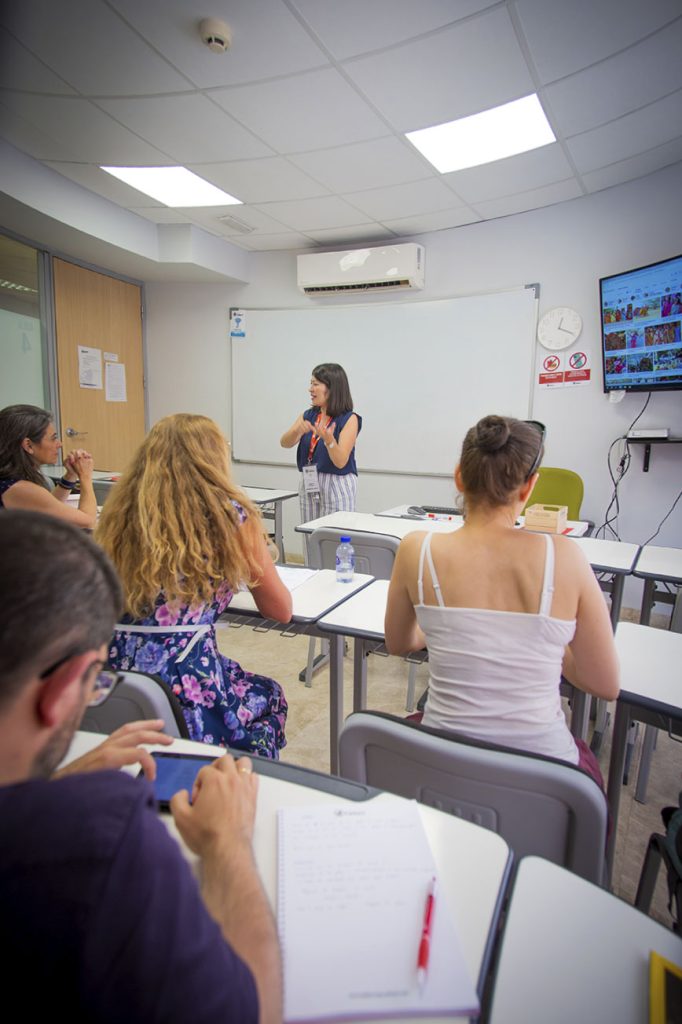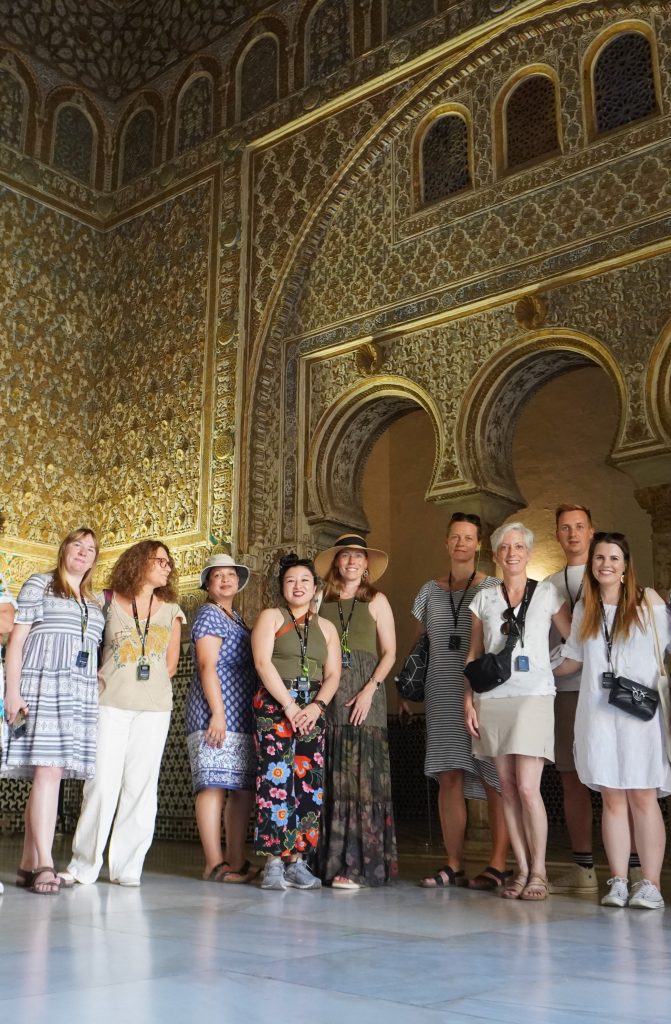In an increasingly globalized society in which relationships with people from other cultures are more and more frequent, it is essential to acquire and develop skills to function fluently in these intercultural encounters and achieve mutual understanding for communicative success.
Unfortunately, when we interact with people from another culture, we do not always take into account a whole series of values, beliefs, ways of thinking, feelings and behavior that are present in an intercultural encounter. In these situations in which two ways of perceiving reality collide, communication may even be hindered.








